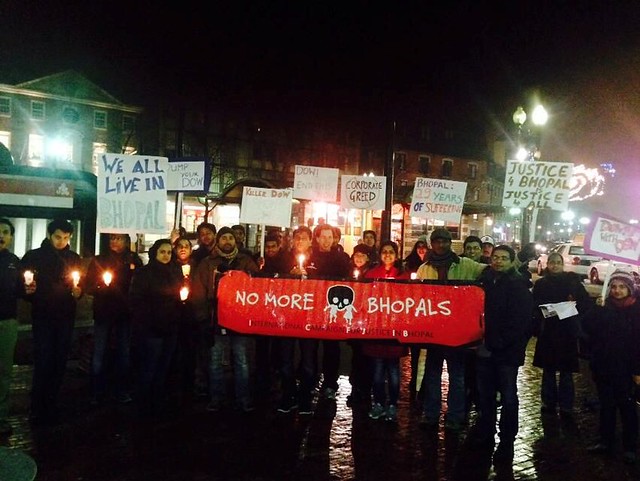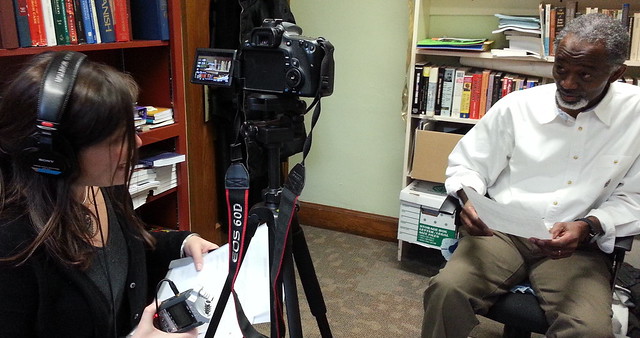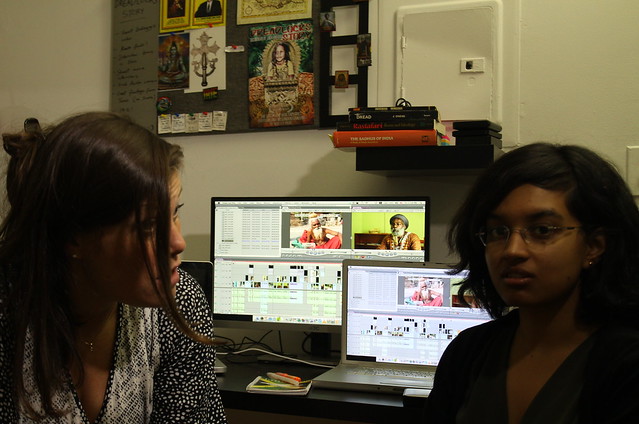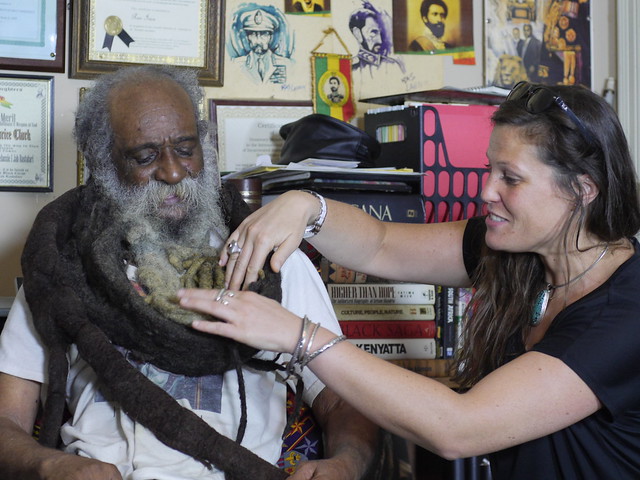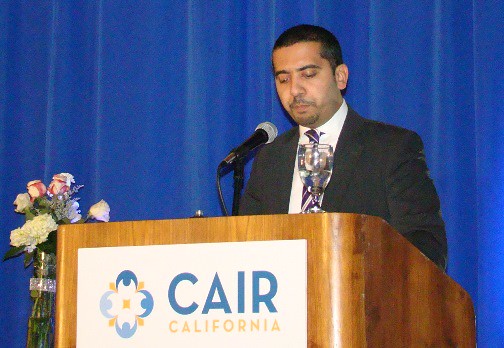By Ram Puniyani,
Those gripped by religious nationalism are unable to understand the regional-ethnic aspirations of the people. Many an ultra-nationalists of different hues also fall into this trap many a times. With formation of Indian nation the integration of regions like Himachal Pradesh, North Eastern States and Jammu& Kashmir created some challenging situations. Though in all these cases the challenges were met in different ways and are even now continuing to pose some issues of serious national concerns, but those related to Kashmir require some more pressing attention. Located in a strategic geographic area of great significance, the global powers have also added their own weight behind complicating the matters in Kashmir. Kashmir remains one of the most contentious issues between the two neighbors, Pakistan and India. In addition the communal forces in India have been making it a bone of contention all through.
It is in this backdrop that when the BJP’s Prime ministerial aspirant, Narendra Modi gave a call for debating the article 370, a whole hell broke loose. His intention in saying ‘who it has benefited’ was to indicate that it is unnecessary and should be abolished. To buttress his point, BJP leaders Sushma Swaraj and Arun Jaitly reiterated that abolition of article 370 is an integral part of agenda of Hindutva-RSS, BJP’s parent organization. Jaitly also went to uphold the stance taken by Shyama Prasad Mookerjee, the founder of Bhartiya Jansangh, the predecessor of present BJP, that of complete and immediate integration of Kashmir into India. Jaitly also distorted the contemporary history and events by saying that ‘Nehruvian vision of a separate status has given rise to the aspirations for pre 1953 status, self rule and even Azadi. Many a TV debate participant on the issue have shown their ignorance about the status and content of Article 370 as such.
It is true that in Kashmir today there are many tendencies, which vary from asking for total independence, Azadi to Autonomy. There will hardly be any popular support for debating or abolishing article 370 as such at broad layers. Difficult to say how many fall in which category, but a large number are for more autonomy, with article 370 in place.
There is a complex history to the issue. As is well known Kashmir was one of the princely states without direct rule of the British. Dogra dynasty's King Hari Singh, who ruled Kashmir, refused to join the constituent assembly under the Cabinet mission plan. Eighty per cent population of J&K was Muslim. With India’s independence the Maharaja had two options, one to remain independent, two either to merge with India or with Pakistan. Maharaja was tending to remain independent. The Hindu leaders of Jammu supported Maharaja in this separatist plan. ‘J &K Rajya Hindu Sabha’ including the ones’ who later on joined Bharatiya Jana Sangh, vociferously argued that “a Hindu state, as Jammu and Kashmir claimed to be, should not merge its identity with secular India" (Kashmir, Balraj Puri, Orient Longman 1993, 5). The attack of Kabaili-Tribal, supported Pakistan military changed the whole scenario.
After this attack the Maharaja due to his inability to protect the Kashmir requested the Indian Government to bail him out of this problem. Indian Govt. wanted the state to accede to India before it could send the armed forces to ward off the Pakistan's aggression. The accession treaty was signed with the provision of article 370. It was not a merger. India was to look after defense, currency, foreign affairs and communication while Kashmir was to have its own constitution, flag, Sadar-I-Riyasat and Prime Minister. Justifying this action Pt. Nehru in a broadcast to the Nation on Nov.2, 1947 said, “…Both the Kashmir Govt. and the National Conference pressed us to accept this accession and to send troops by air, but made condition that the accession would have to be considered by the people of Kashmir later when the peace and order were established…"(Nehru, CW, XVIII, 421). India approached the UN with a request to get the aggression vacated and to supervise in the process of plebiscite. Multiple factors operated here in due course of time and the holding of plebiscite got postponed sine die.
With this another process began at home. Jana Sangh Chief Shyama Prasad Mookerjee's insistence, supported openly by the Jana Sangh and covertly by some bigwigs in Congress as well, asked for the total merger of Kashmir with India. At this point Nehru was under the external pressure of Jana Sangh and internal pressure from some of his colleagues in the cabinet to totally integrate Kashmir with India. Nehru pointed out "We have to be men of vision and there has to be a broad minded acceptance of facts in order to integrate (Kashmir, added) really. And real integration comes from mind and the heart and not of some clause, which you may impose, on other people. "
Since then lots of water has flown down the Jhelum. The pressure of communal forces, the doubts raised in the minds of Sheikh Abdulla due to murder of Gandhi and rise of communal politics, led him to think whether he has done a right thing in deciding to accede to India. He wanted to be part of a secular polity, but communal teeth of the country started becoming more visible. His doubts and their articulation led to his arrest for 17 long years. And this is where the process of alienation of Kashmiri people began. This alienation was duly aided by Pakistan, in supplying arms to disgruntled youth. The matter got worst compounded with the entry of Al Qaeda elements in Kashmir in the decade of 1980s. These elements, whose US sponsored mission of defeating Russian army in Afghanistan was over and they were looking around for other areas for implementation of their mistaken notions of Jihad. They joined in and the earlier struggle in Kashmir, on the grounds of Kashmiriyat, was communalized by them. An atmosphere was created which made the Kashmir struggle as the distorted version of Jihad, undermining its Kashmiriyat. This is what led to targeting of Kashmiri Pundits. This gave a big handle to the communal elements in India to propagate the separatism of Muslims.
The things started improving in the first decade of this century. Still the accumulated agony of Kashmiri youth started manifesting in ‘Stone thrower youth’ emerged along with a total disenchantment with the state of affairs prevailing in Kashmir. In the light of this the Central Government appointed a team of interlocutors. The recommendations of the group of interlocutors, Dileep Padgaonkar, Radha Kumar and M.M.Ansari (May 2012) in nut shell asked for rejection of the return to pre 1953 position, at the same time asking for measures for restore the autonomy of Kashmir. The team suggests that the parliament will not make any law for Kashmir unless it relates to the security, internal and external of the state. Significantly it gives the status of ‘special’ instead of ‘temporary’ to the article 370, which is the bone of contention for the ultra nationalists like the BJP. Very correctly the team says that the proportion of officers in the state should gradually be changed to increase the weight-age of the local officers. It also talks of creating regional councils with financial powers, and measures to promote cooperation across Line of Control (LoC) while talking of resuming dialogue with Huriyat and Pakistan both. The Government has been non committal about it so far. While the BJP has rejected them on the ground that it is a dilution of the accession of Kashmir to India. The separatists find it insufficient saying that there is no political settlement of the issue.
While calling for debate around article 370, one needs to understand as what the Kashmiris want, a mere assertion from ultra nationalist tendencies will harm the process of healing of wounds and the march towards a better democratic process in the state. As Nehru pointed out, what is more important is to win the hearts and mind of people, the laws can follow. Integrating the people by considering their aspirations is what is the need of the hour, such outbursts are counterproductive for the people at large.
--
Response only to ram.puniyani@gmail.com




